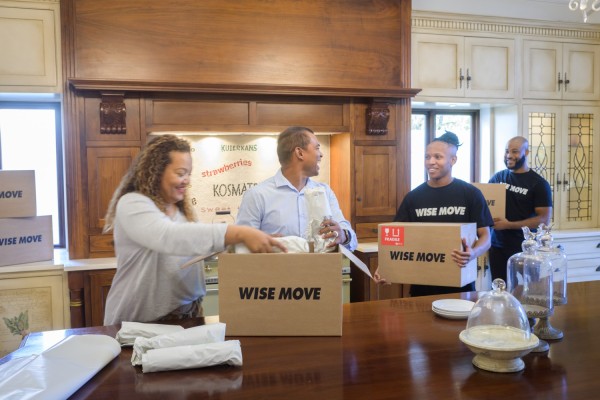Rent-to-Own Agreements: Pros and Cons You Need to Consider


If you lack a deposit or perfect credit score, rent-to-own can be a viable option if you're looking to get your foot on the property ladder.
Read on for a closer look at the pros, cons and other considerations of these kinds of property contracts.
What is rent-to-own?
In essence, rent-to-own is a potential path to homeownership. It is a leasing arrangement that allows you to rent a property for an agreed period of time, whereafter you have the opportunity to buy the home.
While this type of agreement comes with additional payments, entering a rent-to-own agreement can give you freedom to improve your credit score while you invest money towards the final purchase price by paying the agreed upon “option fee”. This is usually a fixed payment at the start as well as a monthly payment added to your rent.
Because these agreements vary and impose different obligations, it is important to know the difference between a ‘lease–option agreement’ and a ‘lease-purchase agreement’.
Lease-option agreements
A lease-option scheme is the standard rent-to-own arrangement that gives the renter the option, or the right to purchase the property at a later date. They usually pay a non-refundable option fee to get exclusive buying rights, while a portion of the rental would contribute to a potential down payment.
Only the seller is obligated to sell in this type of agreement that typically specifies a fixed period, purchase price, and other conditions. This is usually the option in a buyer's market. If you decide not to buy at the end of the lease, you can simply move out without any legal implications.
Lease-purchase agreements
A lease-purchase agreement on the other hand requires you to buy the property at the end of the lease period. Unlike a lease-to-own, this arrangement obliges both the seller to sell and the buyer to purchase.
Here too a portion of the monthly rent may contribute to the property’s future purchase, serving as a form of deposit. Specific terms are outlined in the contract, such as which party pays for maintenance (discussed in more detail below), property insurance, and taxes, as well as penalties for non-compliance.
These agreements are a popular option in a seller's market, or for landlords who may be having trouble selling their property.
The rent-to-buy process
This agreement holds risk for both you as the tenant and your landlord as the owner. While duties and responsibilities vary depending on the specific arrangement, there are key aspects that apply to all:
Everyone signs the agreement. This is an official contract that allows the renter the option to purchase the property at a later stage. This document needs to comply with the Rental Housing Act and needs to be signed by both parties to be valid.
You will be charged an additional monthly fee. This is called an "option fee" and is usually between 1-5% of the property's purchase price, added to the monthly rental. This fee guarantees you the option to purchase the home at the end of the lease period and acts as a deposit towards the final purchase price.
During the rent-to-buy lease period, the title to the house remains with your landlord. This is until you exercise your right to purchase the property, then the house will become yours.
No maintenance responsibilities. Since you enjoy ‘tenant status’, maintenance of the property usually falls in the hands of the landlord. However, it is not uncommon for this to be shifted to you as the tenant, especially in a seller’s market. Make sure you read the fine print around this one and check your tenant rights.
Exercising your option to purchase. When the rent-to-buy lease agreement term ends, you’ll have the option to purchase the home. If you choose not to purchase, you will forfeit the “option fee” amount paid towards the deposit.
Did you know: The concept of rent-to-own first emerged in the UK under the hire-purchase model that developed in the 19th century. This model allowed customers with a cash shortage to make an expensive purchase they otherwise would have to delay or forgo. Rent-to-own can be applied to both movable and immovable property.
How the purchase price is determined
In rent-to-own agreements, the purchase price can be set in two ways:
Market-determined price
Some agreements set the price based on the market value when the lease ends. This can benefit sellers if prices rise but might cost you more if property values increase significantly.
Pre-ahreed price
A pre-agreed price is fixed at the lease's start, providing predictability. This can be advantageous if property values rise, but you might overpay if they decline.
What are the advantages of rent-to-own agreements?
Rent-to-buy gives first time buyers a possible pathway to homeownership. It allows you to begin building equity in a property without having to take out a mortgage or come up with a large deposit.
In most cases, you'll be able to secure the property at its current market value and defer the transfer until you have raised the required amount during the leasing period. Rent-to-own also gives you an opportunity to 'test drive' the property (and the neighbourhood) before making a long-term commitment.
Even if you qualify for a home loan and have a good credit score, rent-to-buy could offer you a way to purchase your dream home without the immediate pressures that come with a home loan.
READ: If you’re a first time home buyer, make sure you check out our top 10 tips before buying.
What are the disadvantages?
Rent-to-own agreements usually involve above-average monthly rental payments due to the added option fee that goes toward the final purchase.
These fees and rent premiums are typically non-refundable if you decide not to buy the property. If you’re unable to secure financing by the end of the lease term, you risk losing both the option to purchase and any equity built up during the rental period.
There's also a market risk with a predetermined purchase price, as declining property values might mean you end up paying more than the property is worth at the time of sale.
Why would a seller want to do rent-to-own?
Rent-to-own schemes make sense in slower real estate markets. If a seller is having trouble finding a buyer at a price they're looking for, a rent-to-own arrangement can expand the pool of buyers.
If the renter decides not to go through with the purchase, the seller can still keep the rental income just like they would with a regular tenant.
Additionally, renters considering buying are likely to take better care of the home than they would if it was a straight rental property.
Final considerations
While a rent-to-own agreement could be a win-win for aspiring homeowners, the devil is in the details. Make sure you carefully evaluate the terms of the agreement. You don’t want to find yourself in a position where you are unable to buy the property and have to forfeit the deposit drawn from your option fee.
Since the property might become your future asset, you'll also want to take stock of what you'll be purchasing. Have the property inspected for any major defects before you move in.
Finally, if your budget allows, there's no harm in seeking advice from an expert. A property practitioner can help you better understand the rent-to-own contract and your obligations. They can also negotiate the terms on your behalf to get you the best deal.
What do our customers say?






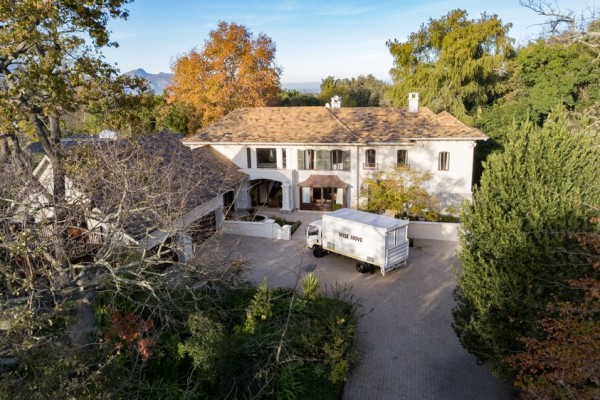
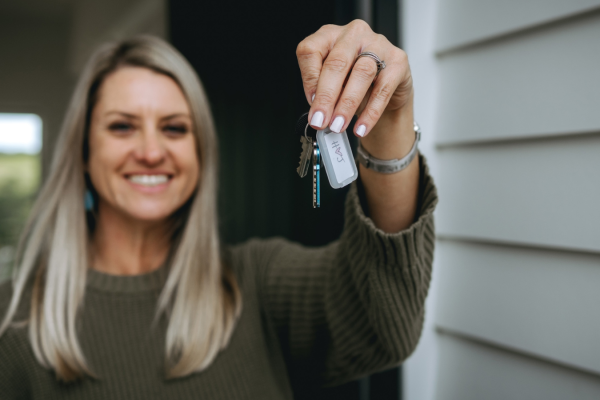






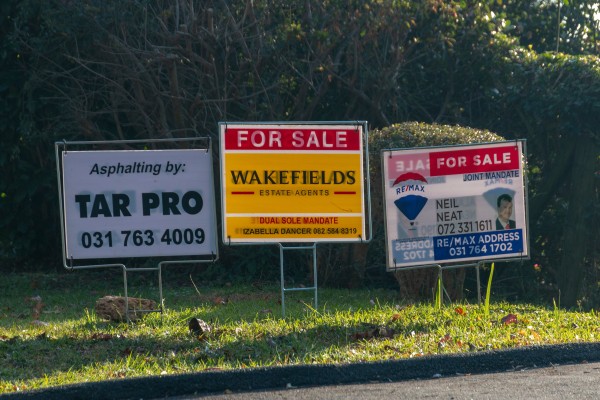


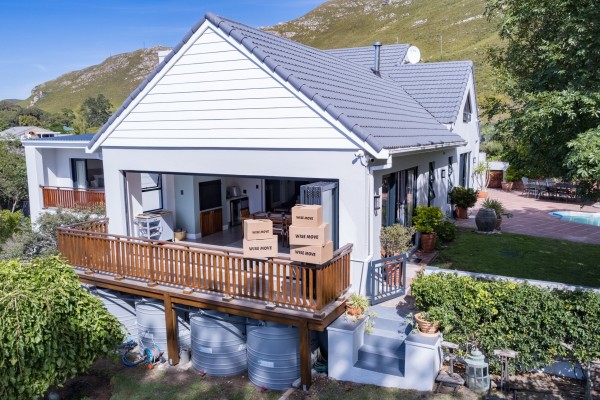


![How Many Moving Boxes Do You Need [Quick Guide] How Many Moving Boxes Do You Need [Quick Guide]](https://cdn.wisemove.co.za/image/blog/f402bbe3e47e09aa41a6d8370888b926.jpeg)
